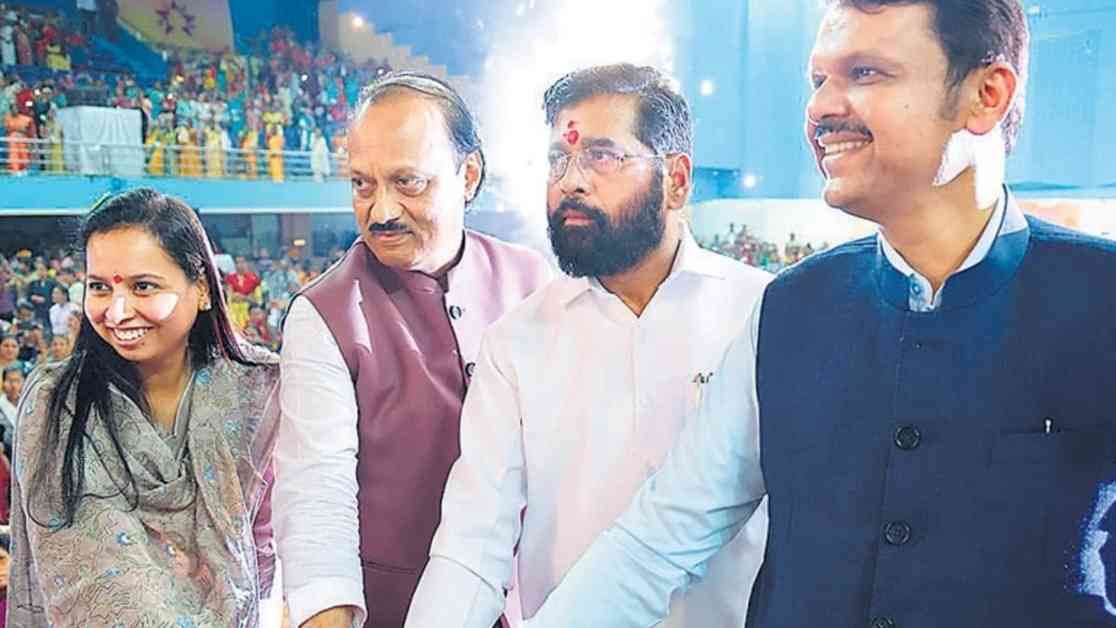This year, Daivshala Panchal, 27, a resident of Mudkhed tehsil, Nanded, was able to pay her son’s school fees with ease, thanks to the Ladki Bahin Yojana. She used ₹5000 from her savings and plans to pay the rest from the subsequent instalment after Diwali. Panchal expressed her gratitude for the government’s aid and believes that many beneficiaries will support the ruling alliance.
Another beneficiary, Vrunda Naik, 46, from Palghar city, used the money she received to manage household expenses and has decided to vote for the Shinde-led Sena candidate. She commended Chief Minister Eknath Shinde for working in the interest of women, stating that it was a first for any CM to do so.
Santabai Rasve, 40, from Nerili village, Nanded, used the funds to pay her son’s tuition fees and expressed her satisfaction with the government’s other schemes, such as reducing ticket prices for state transport buses. These women are among the beneficiaries of the ₹35,000 crore allocated for the Ladki Bahin Yojana.
After the disappointing results in the Lok Sabha elections, the Mahayuti government focused on improving its standing ahead of the assembly elections. The ruling alliance launched several populist schemes to appeal to various segments of the population, including women, youngsters, farmers, and other communities.
With a budget of ₹96,000 crore a year, the government announced schemes like the Annapurna scheme, stipends for youngsters, electricity bill waivers for farmers, and free pilgrimages for senior citizens. These initiatives, along with other welfare schemes and decisions, aimed to address the needs of different sections of society and boost the government’s popularity.
Political analyst Prakash Pawar noted that the ruling alliance’s corrective measures had helped them regain lost ground and predicted a competitive election. He emphasized that welfare schemes played a crucial role in influencing voters and improving the alliance’s electoral prospects.
Despite the government’s efforts, opposition leaders like Maharashtra Congress general secretary Sachin Sawant remain skeptical about the impact of these schemes on the ground. They point to ongoing issues like farmer discontent, caste-based concerns, and tribal unrest as factors that could affect the election outcome.
While the ruling alliance aims to secure support from beneficiaries of schemes like Ladki Bahin Yojana, challenges persist, particularly concerning certain communities and their grievances. As the election campaign unfolds, the political landscape in Maharashtra may witness further shifts in voter sentiment and political dynamics.




















